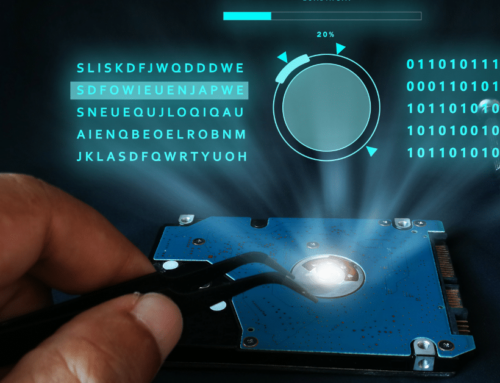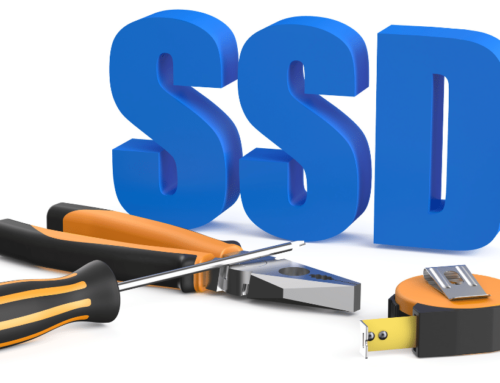Now that many MEDITECH hospitals have gone all-flash for their backend storage, one of the most common questions we field is whether or not there is still downtime risk from the File Attribute List (FAL) growth issue if the data physically lives on solid-state drives (SSDs).
The main reason this question comes up is because MEDITECH requires “defragmentation,” which most admins insinuate as only being a requirement for a spinning disk backend. That misnomer couldn’t be further from the truth as the FAL issue has nothing to do with the backend media but rather the file system itself. Clearly, defragmentation processes are damaging to solid-state media, which is why MEDITECH hospitals turn to Condusiv’s V-locity® I/O reduction software that prevents fragmentation from occurring in the first place and has special engines designed for MEDITECH environments to remediate the FAL from reaching its size limit and causing unscheduled downtime.
The File Attribute List is a Windows NTFS file metadata structure referred to as the FAL.
The FAL structure can point to different types of file attributes, such as security attributes or standard information suchas creation and modification dates and, most importantly, the actual data contained with in the file. For example, the FAL keeps track of where all the data is for the file. The FAL actually contains pointers to file records that indicate the location of the file data on the volume. If that data has to be stored at different logic allocations on the volume (i.e.fragmentation), more pointers are required. This in turn increases the size of the FAL. Herein lies the problem: the FAL size has an upper limitation of 256KB which is comprised of 8192 attribute entries. When that limit is reached, no more pointers can be added, which means NO more data can be added to the file. And, if it is a folder file which keeps track of all the files that reside under that folder, NO more files can be added under that folder file. Once this occurs, the application crashes, leading to a best case scenario of several hours of unscheduled downtime to resolve.
Although this blog points out MEDITECH customers experiencing this issue, we have seen this FAL problem occur within non-MEDITECH environments like MS-Exchange and MS-SQL, with varying types of backend storage media from HDDs to all-flash arrays. So, what can be done about it?
The logical solution would be–why not just defragment the volume? Wouldn’t that decrease the number of pointers and decrease the FAL size? The problem is that traditional defragmentation actually causes the FAL to grow in size! While it can decrease the number of pointers, it will not decrease the FAL size, but in fact, it can cause the FAL size to grow even larger, making the problem worse even though you are attempting to remediate it.
The only proprietary solution to solve this problem is by using Condusiv’s V-locity® for virtual servers or Diskeeper® Server for physical servers. Included is a special technology called MediWrite®, which helps suppress this issue from occurring in the first place and provides special handling if it has already occurred. MediWrite includes:
>Unique FAL handling: As indicated above,traditional methods of defragmentation will cause the FAL to grow even further in size. MediWrite will detect when files have FAL size issues and will use proprietary methods to prevent FAL growth. This is the only engine of its kind in the industry.
>Unique FAL safe file movement: V-locity and Diskeeper’s free space consolidation engines automatically detect FAL size issues and automatically deploy the MediWrite feature to resolve.
>Unique FAL growth prevention: Along with MediWrite, V-locity and Diskeeper contain another very important technology called IntelliWrite® which automatically prevents new fragmentation from occurring. By preventing new fragmentation from occurring, IntelliWrite minimizes any further FAL size growth issues.
>Unique Offline FAL Consolidation tool: Any MEDITECH hospital that already has an FAL issue can use the embedded offline tool to shrink the FAL-IN-USE size in a very short time (~5 min) as opposed to manual processes that take several hours.
>V-locity and Diskeeper have been endorsed by MEDITECH. Click Here to view.




Leave A Comment
You must be logged in to post a comment.